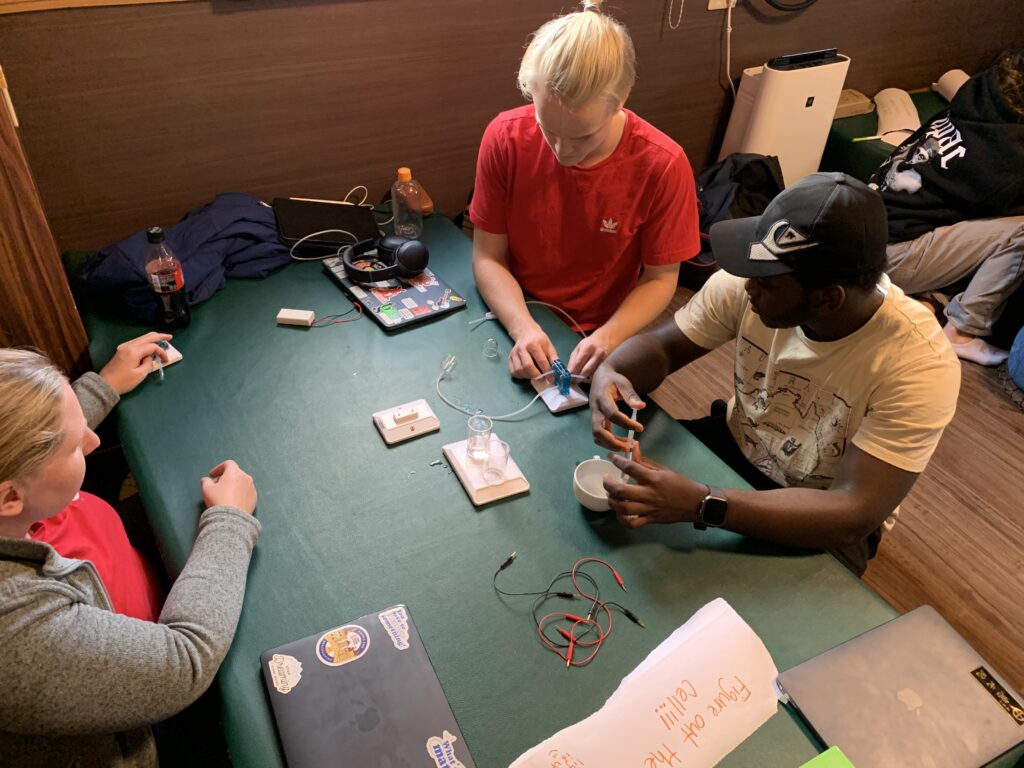Driving Question:
How might we understand the relationship between humans and energy in the past, present, and future of Japan?
Module Summary:
The module “Wall-EEE: Exploring the Eras of Energy” investigated the relationship between humans and energy in Japan, focusing on past, present, and future perspectives. Students learned about energy management, use, and production from cultural, spiritual, and scientific viewpoints. The module included guest speakers: one discussed Shinto Buddhism, another from the Japanese government, and a historian/scientist on atomic bomb survivors.
Their investigations involved exploring Hiroshima’s energy systems, experimenting with renewable energy models, and visiting various sites. These included a Shinto Buddhist temple, Disneyland, museums, a nuclear power plant, and Mazda’s factory, to understand different aspects of energy use and management.
The module culminated in creating a model and theoretical framework for an energy system in Hiroshima, addressing existing gaps. They employed human-centered design principles, inspired by insights from Disney and Mazda, to ensure user-friendly and efficient designs. They concluded by inviting attendees to see their demonstrations and final products.
For their final product, Sigurd R. and Sarfo A. developed an automated circuit designed to store and utilize the limited power generated by solar panels for Hiroshima’s tram system. Their aim was to eventually take tram stations off the grid with an effective battery management system. During their survey of Hiroshima, they noticed tram stops that provided shelter to passengers. Inspired by this, they proposed installing solar panels at these stops to harness energy.
In Hiroshima, trams are much more prolific there than in most other cities, which typically have metro systems without above-ground stations and therefore cannot utilize solar energy. Additionally, the tram system of Hiroshima was one of the first infrastructures rebuilt after the bomb, symbolizing hope and reconstruction after the war.
